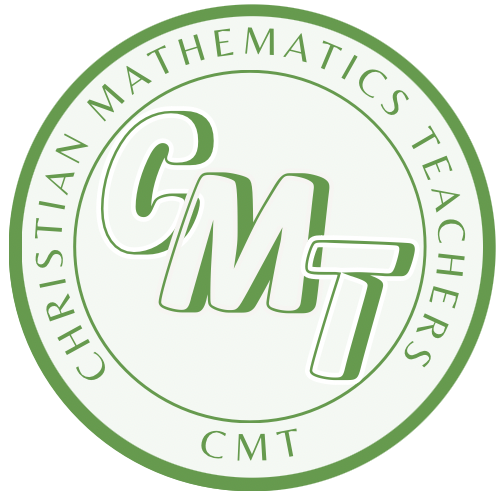“Formational learning develops the mind, captivates the heart, and equips the hands, encouraging curious and courageous learners to explore God’s world and live out the hope of Christ”
Hanscamp et al., 2019, p.9
Frame learning around the deep hope for students. That is, the purpose for learning mathematics, under the broad headings of Head, Heart, and Hands.
Heart
For students to have a heart captivated by God’s world through the lens of mathematics
To do with wonder and awe
A heart that worships and glorifies the maker and creator:
- Are your students becoming increasingly filled with awe and wonder with the world around them?
- Is there evidence of students sharing this awe and wonder with others?
Head
For students to develop their head (mind) with an intellectual and mathematical understanding
To do with thinking
Mathematical understandings equip for the service of others and stewardship of God’s world:
- Are students developing their ability to reason, justify, explain, debate, and analyse? Are they becoming better thinkers?
- Is there evidence of students helping others deepen their mathematical understandings; or contributing convincing ideas and solutions to the needs of the community?
Hands
For students to have their hands equipped with mathematical skills
To do with hands-on doing
Mathematical skills equip for the service of others and stewardship of God’s world:
- Are students getting better at using their hands, tools, and resources?
- Is there evidence of students showing others how to use mathematical tools; or do they use these tools to steward God’s world or serve others in the community?
Note: ‘evidence’ and ‘fruit’ are focussed upwards towards God and outwards towards others.
Disclaimer: This is a simplified framework to make it easy to show students the purpose of their learning.
Theology, pedagogy, faith, fruit, and service are complex. Hence, once you begin to dive deeper into these concepts, you find they can never be easily categorised! This simplified attempt is just the starting point and can act as a catalyst for deeper and richer discussions in the classroom.
“True motivation and inspiration for mathematics lies in the observance of God’s created order. The wonder of creation… reveals a God who is not boring. Hence, true mathematics teaching should be taught in a room, not with mirrors on the walls, but with windows wide open to the outside world.”
Nickel, 2001, p. 285

